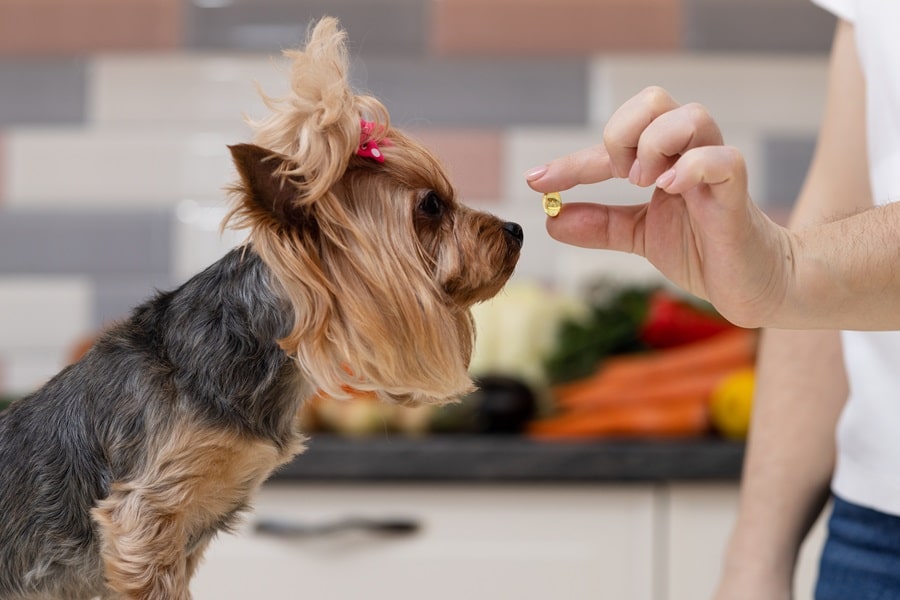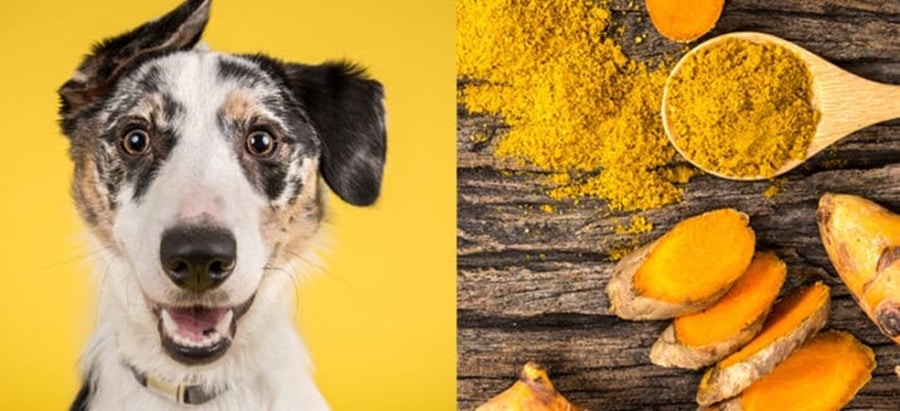Being an animal lover involves the feeling of affection, companionship, and compassion towards animals. You have huge concerns about the well-being of animals and tend to have a great bond with them. Deciding what to feed your dog is a vital decision to be taken. Apart from activities that help the dog exercise, diet is a crucial factor in your pet’s well-being. Eating habits play a vital role in keeping the dog healthy. A homemade dog diet can be a perfect mix of all the desired nutrients.
Contents
- 1 Tips to Improve your Dog’s Diet:
- 2 Do Not Go For Marketing Hype And Take The Label Test
- 3 Do Not Feed Shelf-Stable Foods
- 4 Introduce Fresh Foods
- 5 The Ingredients Must Be Rich In Antioxidants And Anti-Inflammatory Properties
- 6 Avoid Cooking The Meat
- 7 Use Organic Vegetables And Fruits
- 8 Wash Fruits And Vegetables With Apple Cider Vinegar
- 9 Avoid Gluten
- 10 Replace Rice With Green Lentils
- 11 Do Not Overfeed The Dogs
- 12 Teeth And Gum Health
- 13 Clean Water
- 14 How To Create Balanced Homemade Dog Food
- 15 Dietary Supplements Along With Homemade Diet
- 16 Conclusion:
Tips to Improve your Dog’s Diet:
Do Not Go For Marketing Hype And Take The Label Test
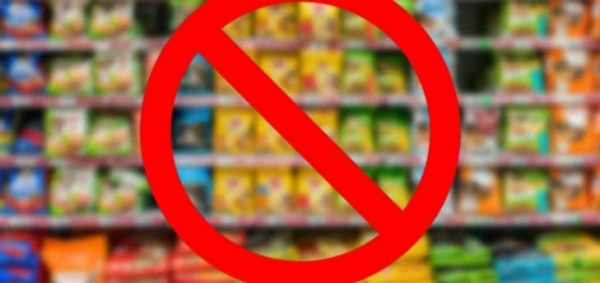
The advertisements that boost nutritional dog food are not always genuine. Advertisements make these products appear healthy. You must examine the contents of your dog’s food carefully and make an informed purchase.
Do Not Feed Shelf-Stable Foods

The processed food that we get over the shelves does not lead to a healthy and nutritional diet. They do not have any live enzymes and cannot be considered a staple food for pets. You can use biscuits or canned foods occasionally on long trips or when you are short of time, but not every day.
Introduce Fresh Foods

Fresh foods like vegetables and fruit have many live enzymes that aid in the better health of the dog. They are also full of fiber and nutrients, which also help in proper digestion. You may puree the fruits or vegetables for adequate absorption of food.
The Ingredients Must Be Rich In Antioxidants And Anti-Inflammatory Properties

Inflammation is a significant cause of premature aging. The processed foods given to the dogs may cause pancreatitis and arthritis. Whole foods are rich in antioxidants. Keep your dog young and healthy by giving them the right mix of these foods.
Avoid Cooking The Meat

Cooking the food may lead to a loss of many beneficial nutrients, so it is good to avoid cooking meat for the dog if possible.
Use Organic Vegetables And Fruits

Most non-organic fruit and vegetables are artificially modified, so it isn’t easy to make sure what our dogs are eating. Such genetically modified foods are not safe.
Wash Fruits And Vegetables With Apple Cider Vinegar

Washing the produce with apple cider vinegar removes the toxic substances like pesticides that may be stuck on the skin of the food items.
Avoid Gluten
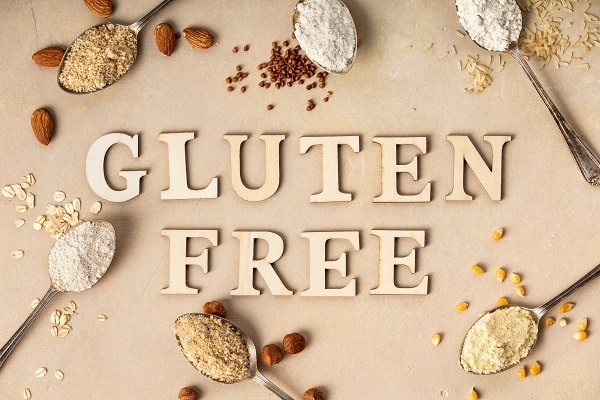
The packaged pet foods may contain gluten. It can damage the liver and kidneys of the dog. Corn gluten can harm your dog’s organs, so you must avoid it in any case.
Replace Rice With Green Lentils
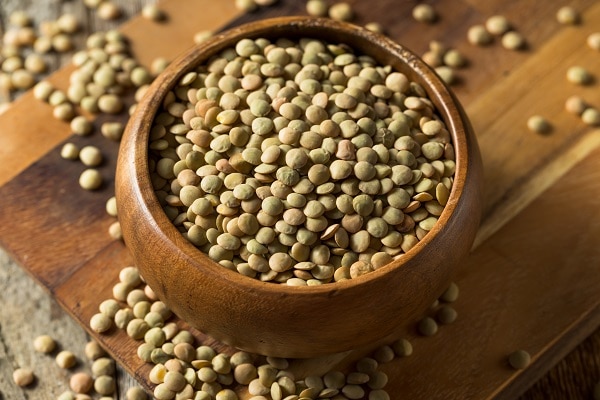
Dogs are primarily allergic to wheat. A great protein source in dog food is green lentils which are rich in fiber and minerals. They also contain amino acids that build up the immune system.
Do Not Overfeed The Dogs

Feed your dog according to the weight. If the dogs need to reduce weight, you can feed them early to burn it out during the day. If your dog needs to gain weight, then feed them before bedtime.
Teeth And Gum Health

Gnawing on raw bones keeps the dog’s teeth white. Foods like carrots and zucchini also aid in healthy gums and teeth.
Clean Water
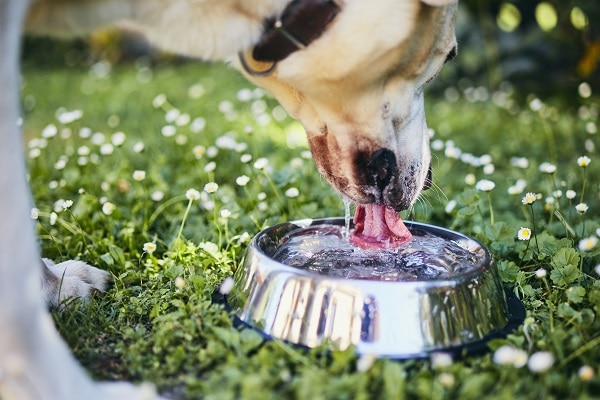
Water is another essential part of a healthy diet. You must filter the water to remove unwanted chemicals. Water must be purified, made alkaline, and also retain the nutrients.
How To Create Balanced Homemade Dog Food

Just like humans cannot follow a single recipe every day, veterinary nutritionists also recommend the same. You must take all food groups and portion sizes into account. As long as your dog is not facing a health problem, homemade dog food should be the way ahead. No single food group must be more than 50% of the diet regime. You can give cooked or raw homemade food. Here are some foods that you can include in a balanced diet:
-
- Meat and Other Animal Products: At least 50% of the diet must consist of meat and animal products. A raw diet is high in fat, which can cause obesity. They must be given in the desired quantities so that the dog is not deprived of the desired nutrients. You must prefer lean meats, remove the poultry skin, and chop off the separable fat. You must also take the physical activity of the dog care of.
- Raw Meaty Bones: Raw meaty bones can comprise around one-third to one-half of the total diet. You may feed the bony parts such as chicken necks, thighs, and backs. It would help if you never fed cooked bones.
- Boneless Meat: Boneless meat may include poultry or red meat. The heart makes a good diet option as it is lean and less expensive.
- Fish: Fish is a rich source of vitamin D. Canned fish with bones, such as sardines, pink salmon, or jack mackerel, are a few good options. It would help if you never fed raw trout or pacific salmon. A small amount of fish can form a part of the daily diet.
- Organs: The liver can form around 5% of the diet. Beef liver is very nutritious is a necessary addition to the diet. You can include a small amount of liver in the diet daily.
- Eggs: Eggs form a significant part of the diet and fulfill the protein and calcium source if you feed it with the shell.
- Dairy: Dogs like dairy products like yogurt and kefir. Cottage cheese is also a good option. But since it is high in fat content, you must limit the intake.
- Fruits and Vegetables: Fruits and vegetables provide the desired amount of fiber to support a healthy digestive system. It also provides an ample amount of antioxidants.
- Starchy Vegetables: Vegetables such as sweet potatoes, potatoes, or beans provide the desired amount of calories. You must cook these vegetables so you god can digest them properly.
- Leafy Green and Vegetables: These vegetables have low-calorie content. Vegetables like cauliflower or broccoli reduce thyroid function, but you must cook them before feeding. You should process or juice raw vegetables to ensure your dog digests them properly.
- Fruits: Banana, melon, and papaya are preferred choices. It would help if you avoided grapes and raisins as they may cause kidney failure in dogs.
- Grains: Grains generally contain gluten that may cause some digestive problems for dogs, but most dogs are not allergic to grains. Mixing grains in the diet can help reduce the cost of feeding a homemade diet. Grains and starchy vegetables must not be more than 50% of the diet. Oatmeal, brown rice, quinoa, barley, and pasta are some excellent choices. You must cook all grains before you feed them to your dog.
Dietary Supplements Along With Homemade Diet

Like humans, dogs’ food must also include some supplements to make it a completely balanced diet. Here are some supplements you need to include in the diet:
-
- Calcium: Generally, you need to supplement the homemade diets given to the dogs with calcium. You can feed your dog powdered eggshells as a source of calcium.
- Oils: You must add oils to home-cooked meals for fat and nutrients. You may use various oils like fish oil for dogs that provide DHA and omega-3 fatty acids that help boost the immune system and reduce inflammation. It would help if you gave it in regulated amounts; otherwise, it will add up too many calories from fat. Cod liver oil is another good source rich in vitamins A and D. You can combine it with other fish oil to provide the desired amount of nutrition. Plant oils such as coconut oil are also a good source of nutrition if you do not wish to feed poultry fat.
- Vitamins and Minerals: Generally the homemade diets may lack specific vitamins and minerals. Adding a multivitamin supplement to the diet helps to meet all the requirements. The dosage must be monitored and prescribed by a vet nutritionist.
Conclusion:
The essential points that you need to focus on are that the food you give to the dog must include various foods from various food groups. Supplement the homemade diet with calcium and other required vitamins and minerals. The supplements become vital if you do not have a variety in the food, and most importantly, a veterinarian nutritionist must approve the homemade diet plan.
